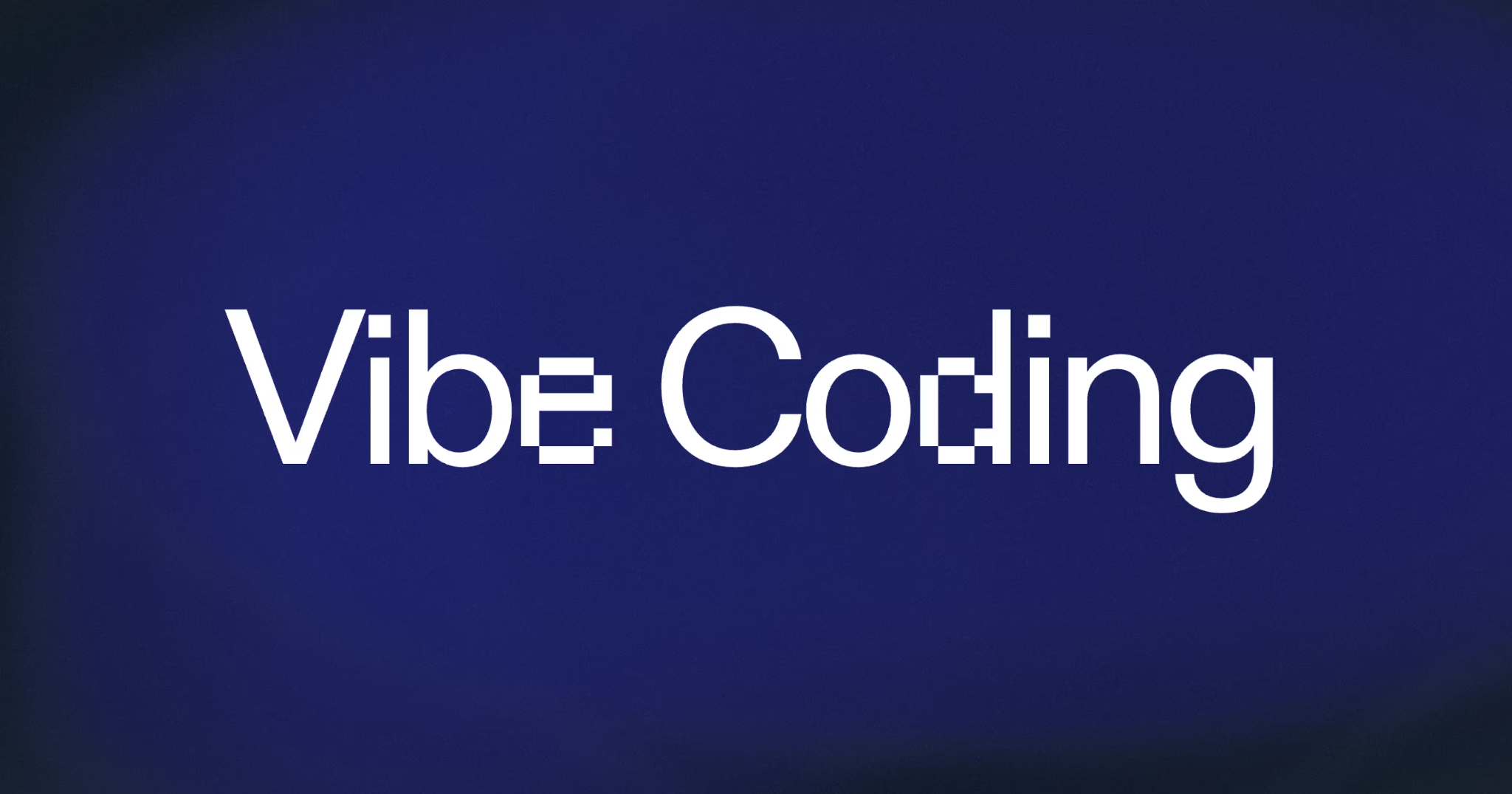Artificial Intelligence (AI) is no longer just a futuristic concept—it is actively reshaping how businesses operate, innovate, and scale. From automating repetitive processes to powering advanced decision-making, AI is becoming a central driver of digital transformation. Today, enterprises are moving beyond experimentation and embedding AI into mission-critical workflows, enabling efficiency, scalability, and competitive advantage.
One of the most exciting developments in this space is how AI is revolutionizing software development itself, making coding more intuitive and accessible. Concepts such as vibe coding and enterprise-ready AI exploration platforms are unlocking new possibilities for developers and organizations alike.
AI in Software Development: The Next Frontier
Traditionally, software development required deep programming expertise, with developers spending countless hours debugging, testing, and optimizing code. AI-powered coding assistants are changing this narrative by:
- Suggesting relevant code snippets in real time.
- Understanding natural language prompts to generate functional code.
- Automating repetitive tasks like formatting and error correction.
- Enhancing collaboration across distributed teams.
The Role of Vibe Coding
One of the emerging innovations in this domain is vibe coding, which allows developers to code in a more natural and contextual way. Instead of relying solely on syntax-heavy commands, vibe coding enables developers to express intent through simple instructions and receive AI-generated code suggestions that match the “vibe” or context of their project.
This paradigm bridges the gap between non-technical users and professional developers, making coding more accessible and efficient. By leveraging vibe coding, enterprises can accelerate prototyping, reduce development cycles, and empower teams to focus on innovation rather than manual coding overhead.
AI in Enterprise Innovation
Beyond software development, AI is driving significant transformation in enterprise operations. From finance and HR to supply chain and customer service, AI agents and orchestration platforms are enabling organizations to work smarter and faster.
Key benefits include:
- Process automation: Replacing repetitive manual workflows with AI-driven automation.
- Data-driven decision-making: Leveraging AI to analyze large datasets, uncover insights, and recommend strategies.
- Enhanced customer experiences: Personalizing interactions across channels for improved satisfaction and retention.
- Scalability: Allowing enterprises to expand operations without proportionally increasing resources.
Exploring Enterprise AI with ZBrain XPLR
To fully harness AI’s potential, organizations need a framework that simplifies experimentation, prototyping, and deployment. This is where ZBrain XPLR plays a transformative role.
ZBrain XPLR is an enterprise-ready exploration platform that helps businesses test and validate AI use cases quickly, ensuring faster adoption and minimizing risks. With its modular design, it enables companies to explore GenAI-powered applications across functions such as contract validation, compliance, customer service, and more.
By using ZBrain XPLR, enterprises can:
- Rapidly evaluate AI use cases before scaling.
- Integrate AI seamlessly into existing systems.
- Ensure governance, compliance, and security standards are met.
- Unlock innovation without vendor lock-in.
This exploration-first approach ensures that organizations not only adopt AI but also derive measurable business value from it.
The Future of AI in Business
As AI adoption accelerates, several trends are shaping the future of enterprise innovation:
Democratization of AI
With tools like vibe coding and low-code/no-code platforms, AI development is becoming accessible to business users, not just IT teams. This democratization ensures that innovation can come from any department within an organization.
Agentic AI Systems
Enterprises are moving toward orchestrated AI agents that collaborate across tasks, systems, and data sources. This approach enables more autonomous and intelligent workflows.
Human-AI Collaboration
Rather than replacing humans, AI augments their capabilities. From decision support to creative ideation, humans and AI will increasingly co-create solutions.
Responsible AI
As adoption grows, so does the need for responsible and ethical AI. Enterprises must implement strong governance frameworks to ensure fairness, transparency, and compliance.
Why Enterprises Must Act Now
Enterprises that delay AI adoption risk falling behind more agile competitors. By embracing innovations like vibe coding for development and ZBrain XPLR for enterprise exploration, organizations can future-proof themselves, improve efficiency, and unlock new opportunities.
The key is to move beyond pilots and experiments toward scalable, production-ready AI solutions. With the right tools, frameworks, and strategies, businesses can transform operations, enhance customer experiences, and create lasting value.


